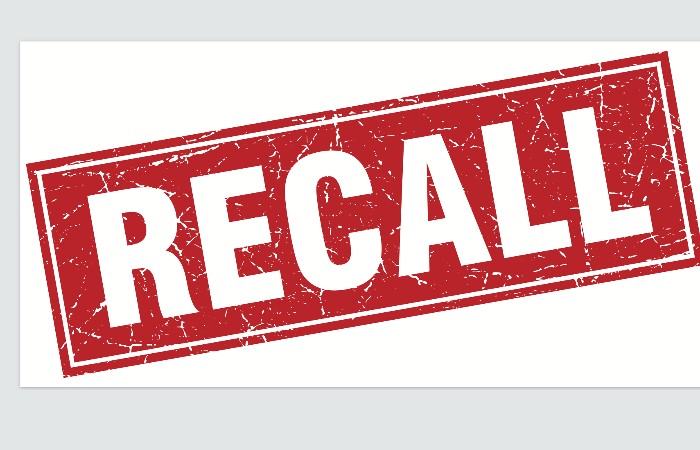MHRA recalls batches of eye gels after possible contamination
In News
Follow this topic
Bookmark
Record learning outcomes
The Medicines and Healthcare products Regulatory Agency has urged patients to stop using certain brands of eye gel after concerns were raised that some batches have been exposed to microbial contamination.
Batches of carbomer-containing lubricating eye gels branded Aacarb, Aacomer and Puroptics, which treat dry eye, were recalled as a precaution by the MHRA who told patients to return affected products to the pharmacy or other place where they bought it.
The regulator said affected batches can cause symptoms such as a feeling of being unwell, reduced vision and red and painful eye and urged anyone suffering these to tell a healthcare professional they have been using a recalled eye gel.
It said people with cystic fibrosis and “certain risk factors” have a higher risk of suffering adverse effects from the bacteria, Burkholderia cenocepacia, which could have caused the contamination.
The UK Health Security Agency recommended individuals with cystic fibrosis, patients being cared for in critical care settings, people who are severely immunocompromised and in hospital and patients waiting for lung transplantation should avoid all carbomer-containing lubricating eye gels until more information is available.
The MHRA said its investigations to determine if there is a link between infections and the products is “ongoing” and said the risk to the public is “low.” The UKHSA is also conducting investigations.
“Whilst the risk to users is low, we are taking precautionary action. All users of the affected products should stop using them immediately and return them to their supplier or retailer,” said MHRA chief safety officer Alison Cave.
“If you have been using these gels, and if your eye symptoms worsen or you are worried about your health, please contact your healthcare professional, and tell them you have been using an eye gel that has been recalled.
“Retailers should, where possible, contact patients who have been dispensed any of the affected batches and ask them to return the product. We are working very closely with our colleagues at UKHSA and will issue further advice to protect patients and the public, if needed.”

